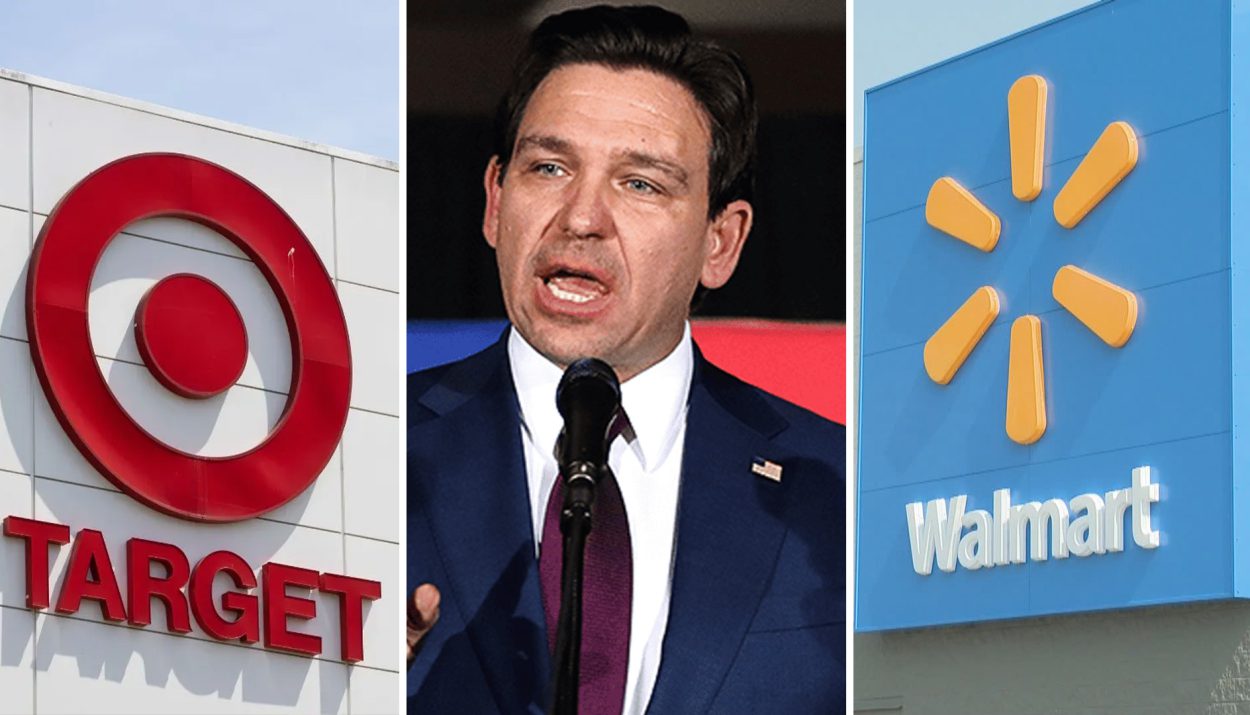Florida Governor Ron DeSantis has set his sights on major retailers like Target and Walmart, criticizing their theft prevention methods. In a surprising move, the governor, known for his conservative stance on various issues, is now aiming at the companies’ practice of locking up basic items. As the story unfolds, it remains to be seen how this new battle will play out.
DeSantis Calls Out Retailers for Locking Up Basic Items
In a recent statement on the social media platform X, Governor Ron DeSantis expressed his disapproval of retailers like Walmart, Target, Walgreens, and CVS for locking up basic items such as toothpaste. He compared the experience of buying these essentials to entering “Fort Knox.”
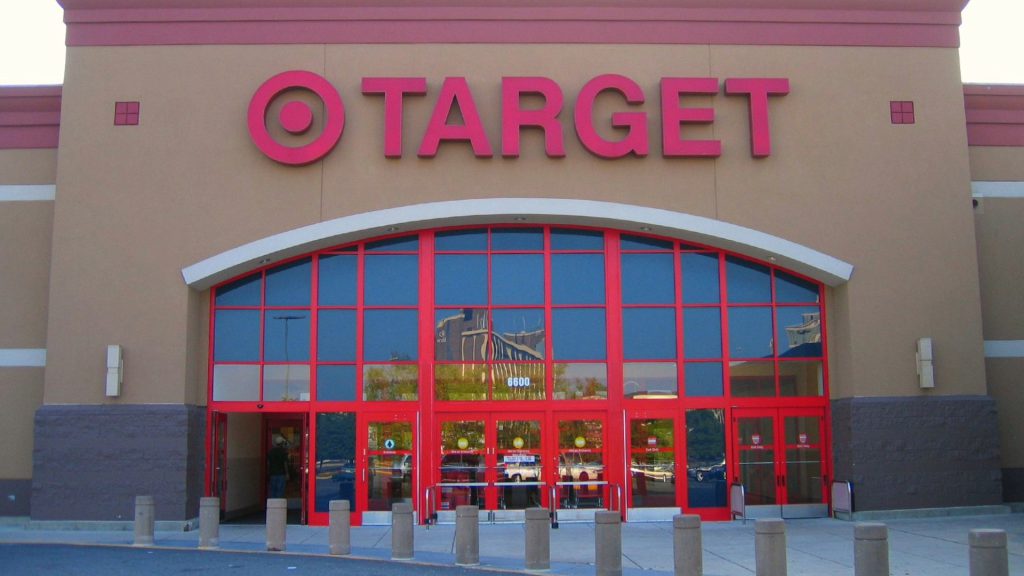
DeSantis emphasized that customers shouldn’t need a clerk to unlock a case for such purchases. The governor’s comments come after he signed a bill increasing penalties for retail theft in Florida, hoping to help companies reduce theft in their stores.
DeSantis Links Locked Shelves to Liberal Cities
Governor DeSantis has repeatedly criticized the practice of locking up items in stores, noting that it has become a common sight in cities like San Francisco, Los Angeles, and New York. He argued that these cities have effectively legalized shoplifting through their policies.

“All these places, they’ve effectively enacted policies that legalize shoplifting. So people just go in, they take what they want, they leave,” DeSantis stated, turning the conversation back to politics, suggesting a link between liberal policies and increased retail theft.
Target and Walmart Grapple with Theft Problem
While retailers often keep their theft prevention strategies under wraps to avoid tipping off criminals, both Target and Walmart have resorted to locking some shelves to deter theft. This solution, however, comes with drawbacks, as it requires more employees and slows down the shopping process.

During Target’s second-quarter earnings call, CEO Brian Cornell addressed the issue, stating that the company continues to face an “unacceptable amount of retail theft and organized retail crime.” He noted that the problem goes beyond just shrinking and also impacts employee safety.
Violence and Threats on the Rise in Retail Theft
Target CEO Brian Cornell revealed alarming statistics regarding the increase in violent incidents associated with retail theft. “During the first five months of this year, our stores saw a 120% increase in theft incidents involving violence or threats of violence,” he stated.
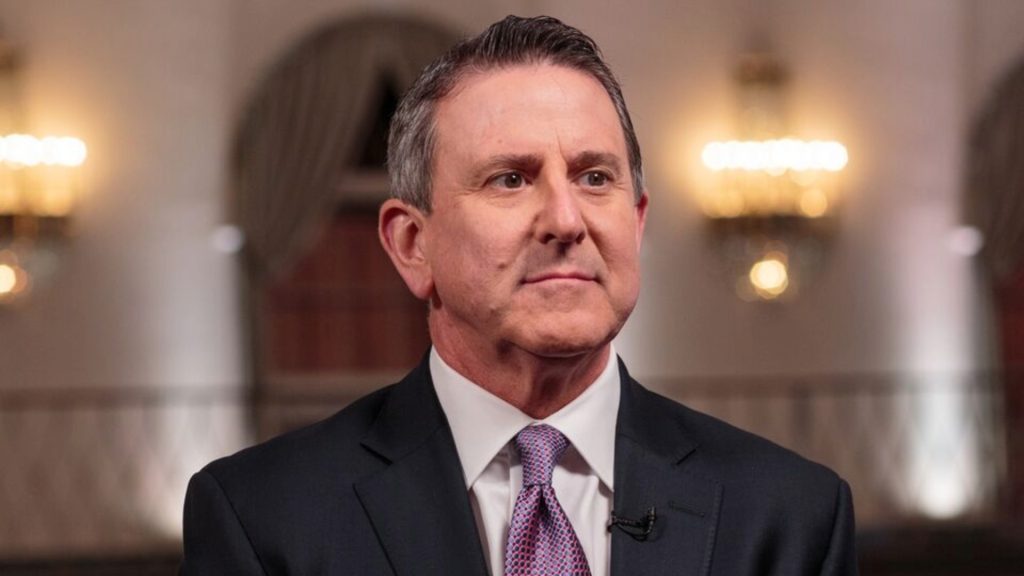
Cornell emphasized that Target is working tirelessly with retail industry groups and community partners to find solutions that promote safety for both store teams and customers. The rise in violence adds another layer of complexity to the already challenging issue of retail theft.
DeSantis’s Unconventional Approach to Business Challenges
Governor Ron DeSantis’s decision to take on major retailers over their theft prevention measures marks a departure from his usual battles with businesses. Known for his conservative stance, DeSantis has often called out companies for adopting progressive or “woke” practices.

In the past, DeSantis has been embroiled in high-profile disputes with companies like Walt Disney and Bud Light. His fight against Disney began when the company’s former CEO spoke out against DeSantis’s “Don’t Say Gay” bill, which restricts discussions of sexual identity in Florida schools.
DeSantis’s Latest Battle: A Shift in Focus
While DeSantis’s previous corporate battles have been largely ideological, his latest fight against retailers locking up basic items appears to be driven by different motives. By calling out companies like Target and Walmart, the governor is addressing an issue that directly impacts consumers’ daily lives.
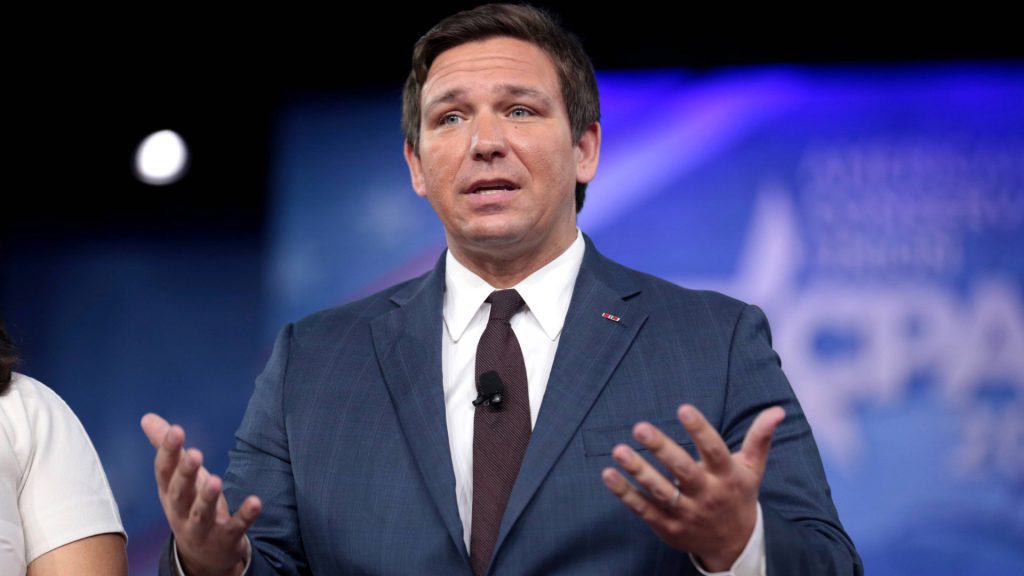
This shift in focus may be an attempt by DeSantis to broaden his appeal beyond his conservative base. By tackling a problem that resonates with a wider audience, he could be positioning himself as a champion for everyday consumers.
The Balancing Act of Theft Prevention and Customer Experience
As the battle between Governor DeSantis and major retailers unfolds, it highlights the delicate balance companies must strike between preventing theft and maintaining a positive customer experience. Locking up basic items may deter criminals, but it also inconveniences shoppers and requires additional staff resources.
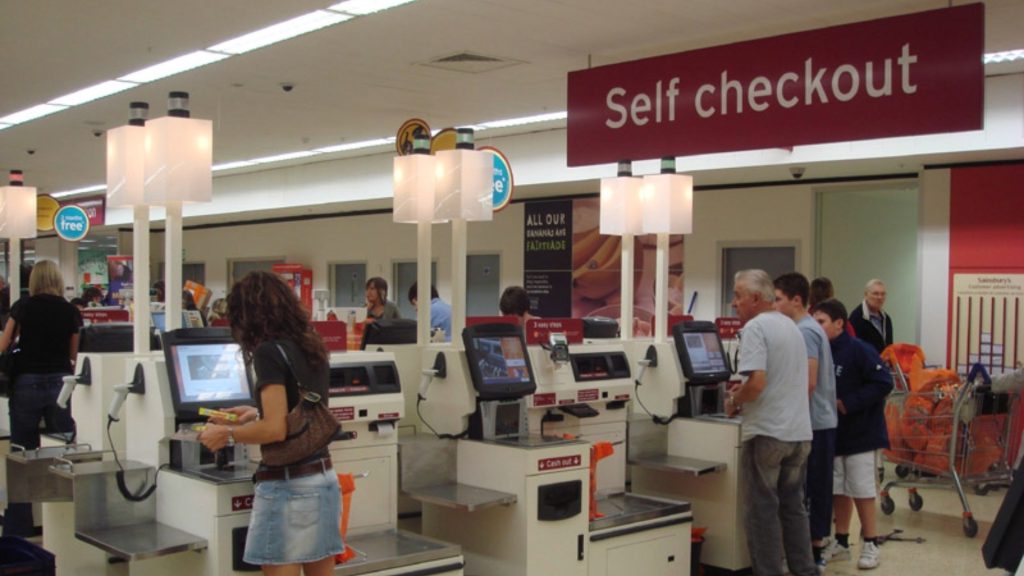
Retailers will need to continue exploring innovative solutions that effectively combat theft without sacrificing the shopping experience. This may involve investing in advanced technology, collaborating with law enforcement, and working with industry partners to develop best practices.
DeSantis’s Role in Shaping the Retail Landscape
Governor DeSantis’s decision to take on retailers over their theft prevention measures has the potential to shape the retail landscape in Florida and beyond. As a prominent political figure, his words and actions carry weight and could influence how companies approach the issue of retail theft.
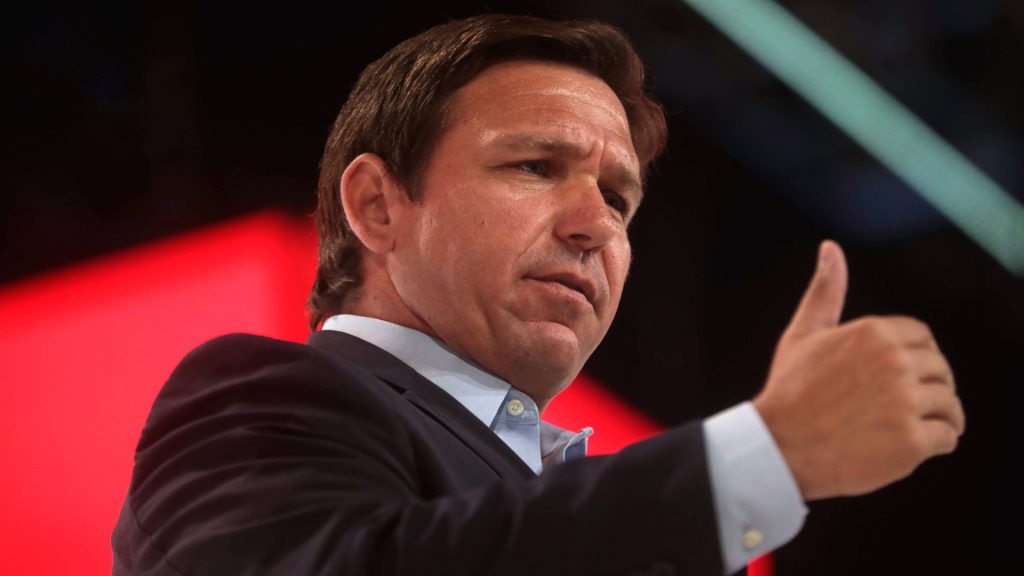
If DeSantis’s efforts lead to a reduction in retail theft without compromising customer experience, it could serve as a model for other states grappling with similar challenges. However, if his approach proves ineffective or leads to unintended consequences, it may prompt retailers to seek alternative solutions.
The Future of Retail Theft Prevention
As the battle between Governor Ron DeSantis and major retailers continues, it remains to be seen how the issue of retail theft prevention will evolve. With companies facing increasing pressure to address the problem while maintaining a positive shopping experience, innovative solutions will be crucial.

By working together with government officials, law enforcement, and industry partners, retailers can develop comprehensive strategies that effectively combat theft, ensure employee safety, and provide customers with a seamless shopping experience. As the retail landscape continues to change, adaptability and collaboration will be key to success.
Retailers Respond to DeSantis’s Criticism
In the wake of Governor DeSantis’s criticism of their theft prevention measures, major retailers like Target and Walmart have been compelled to respond. While acknowledging the challenges posed by retail theft, these companies maintain that their primary focus remains on the safety and security of their employees and customers.
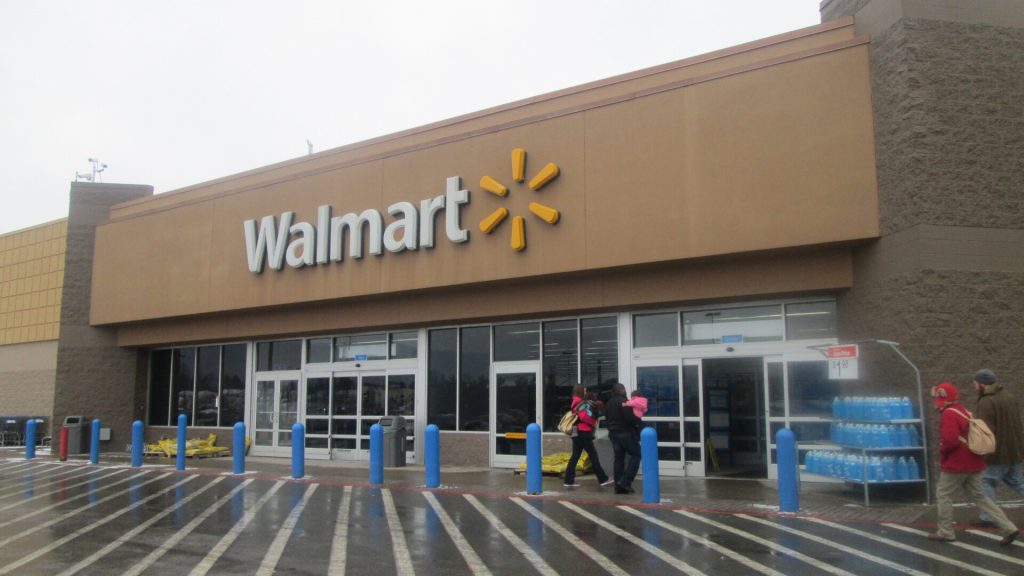
Retailers emphasize that the decision to lock up certain items is not taken lightly and is based on a careful analysis of theft patterns and potential risks. They argue that these measures are necessary to combat the growing problem of organized retail crime and to protect their businesses from significant financial losses.
Balancing Safety, Accessibility, and Profitability
As the debate surrounding retail theft prevention continues, companies must navigate the delicate balance between ensuring the safety of their employees and customers, maintaining accessibility to products, and preserving their profitability. This complex issue requires a multi-faceted approach that takes into account the concerns of all stakeholders.

Retailers are exploring various strategies to strike this balance, such as investing in advanced security technologies, implementing more efficient inventory management systems, and collaborating with law enforcement to target organized retail crime rings. By adopting a holistic approach, companies aim to create a safer shopping environment while minimizing the impact on the customer experience.
The Societal Impact of Retail Theft
The consequences of retail theft extend far beyond the financial losses suffered by companies. This criminal activity has a ripple effect on society as a whole, contributing to higher prices for consumers, reduced tax revenues for local governments, and a general sense of insecurity in communities.
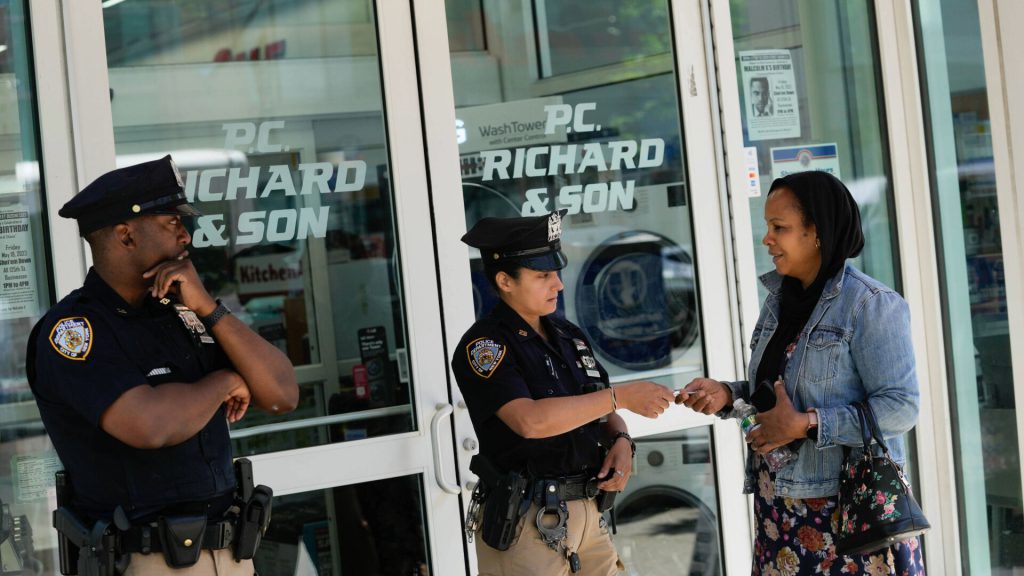
As Governor DeSantis and retailers continue to grapple with this issue, it is crucial to consider the broader societal implications. Addressing retail theft requires a collaborative effort that involves not only businesses and law enforcement but also policymakers, community leaders, and consumers themselves.
Looking Ahead: Finding Common Ground
Despite the current tensions between Governor DeSantis and major retailers, there is an opportunity for all parties to find common ground in the fight against retail theft. By engaging in open and constructive dialogue, stakeholders can work together to develop solutions that prioritize safety, accessibility, and the overall well-being of communities.
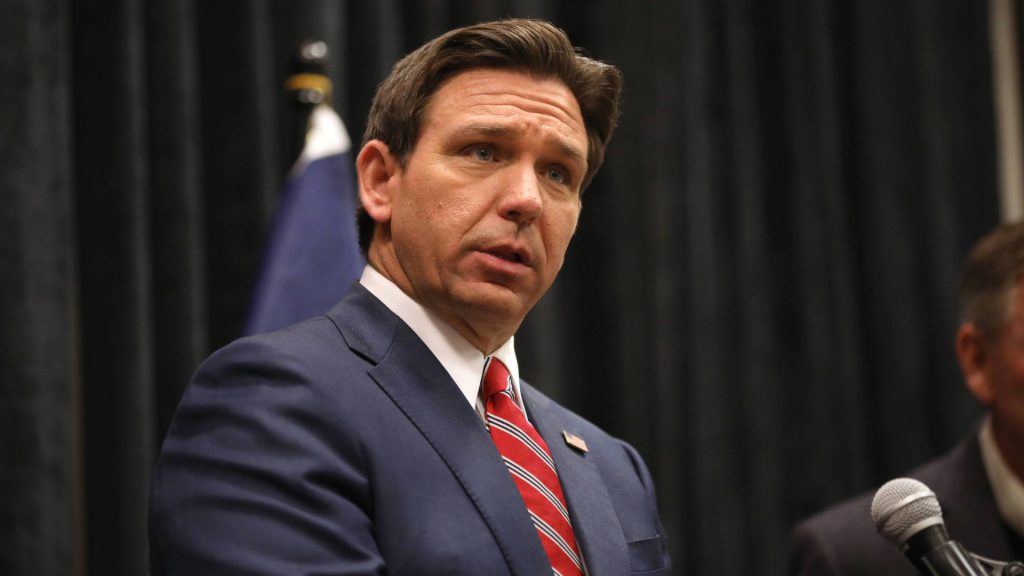
As the retail landscape continues to evolve, companies need to remain adaptable and open to new ideas. By embracing innovation, collaborating with partners across sectors, and keeping the needs of employees and customers at the forefront, retailers can navigate the challenges posed by retail theft and emerge stronger and more resilient.

